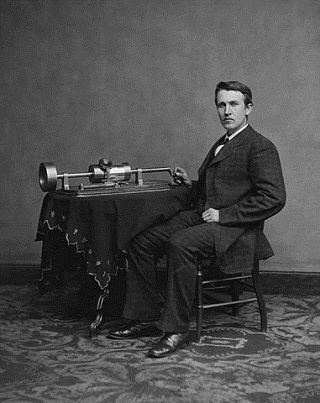Climate Change — Perhaps We Need a Greater Reverence for Science

I find it interesting that the scientists involved are so excited by the challenge. The closing line of the piece expresses a child’s wide-eyed wonder and exuberance about setting forth to find the answers. “This is really exciting. We have got a problem to solve. We have things we don’t understand perfectly, and as a scientist, that’s really why I do what I do. I speak for all of us who are here.”
A few thoughts:
First, let’s contrast this with the scientists a few hundred years ago, who would have simply made something up. It’s rather amazing to look back on it. The “scientific community” of the day had the public (and each other?) convinced that the spleen made people angry and that too much blood caused fevers (thus blood-letting). Not only was there no proof of these theories, there was no evidence supporting them whatsoever. You could have theorized that the big toe made people angry and the gall bladder brought on the flu, and there would have been an identical amount of evidence supporting your ideas.
I’m extremely sympathetic with the ancients who looked for explanations for various phenomena and came up with ideas that were later discredited when a future generation developed advanced technology. If you want to tell me that pre-scientific man thought that the sun moved across the sky because the god Mercury hauled it with his chariot, I have no problem whatsoever. Humankind was honestly looking for honest answers, but we simply didn’t have the technology to get there. Aristotle (2000 years before) famously taught his students to use experiments, but he and his followers had no way to make real progress.
So why did this level of sophistication disappear? I have my theories on this, and if readers want to hear them, just email me.
But my point is that, in the 21st Century, we have an impressive command of science, in relevance – at least in terms of things like the “scientific method,” peer review, etc. However, we, as a pop culture, have a terrifically poor regard for what our scientists are doing. As my friend Wally Rippel likes to ask his audiences: “Can you name a famous singer? Actor? Athelete?” All hands go up. “Can you name a famous living scientist?” No hands. Wally says, and I believe he’s correct, that we as a society have simply stopped valuing science. We don’t have a problem paying our top football quarterbacks or rap singers $10 million per year, but we seem to want our “nerd” scientists to live in holes, far away from the adoration we heap on our pop celebrities.
Perhaps most frightening is the fact that our leaders openly scoff at the subject of science if doing so gains them political capital. I have to admit that I become a bit cheesed off when I hear our senators, ostensibly our most capable thinkers, who build their reasoning on bizarre personal viewpoints of the will of God, especially when those concepts cut across the most basic principles of modern science.
I have suggested occasionally that we need a more reasoned approach to electing our leaders – an idea that hit me when I realized that John Shimkus, Illinois Congressman, who aspired to be chairman of the super-powerful House Committee on Energy and Commerce, quoted the bible (the books of Genesis and Matthew) to his fellow representatives as reason not to act on climate change, reading:
And He will send His angels with a loud trumpet call and they will gather His elect from the four winds from one end of the heavens to the other. The Earth will end only when God declares it is time for it to be over. Man will not destroy this Earth.
He then continued, asserting:
There is a theological debate that this is in fact a carbon-starved planet, not that we have too much carbon.
While I have no clue whatsoever what Shimkus could have possibly meant by that, and while I hesitate to challenge anyone’s faith, I vigorously recommend against electing lawmakers whose decision-making process so clearly and aggressively flies in the teeth of critically relevant scientific discoveries. I urge our civilization to come up with a better way in dealing with the lethally important challenges we face.
